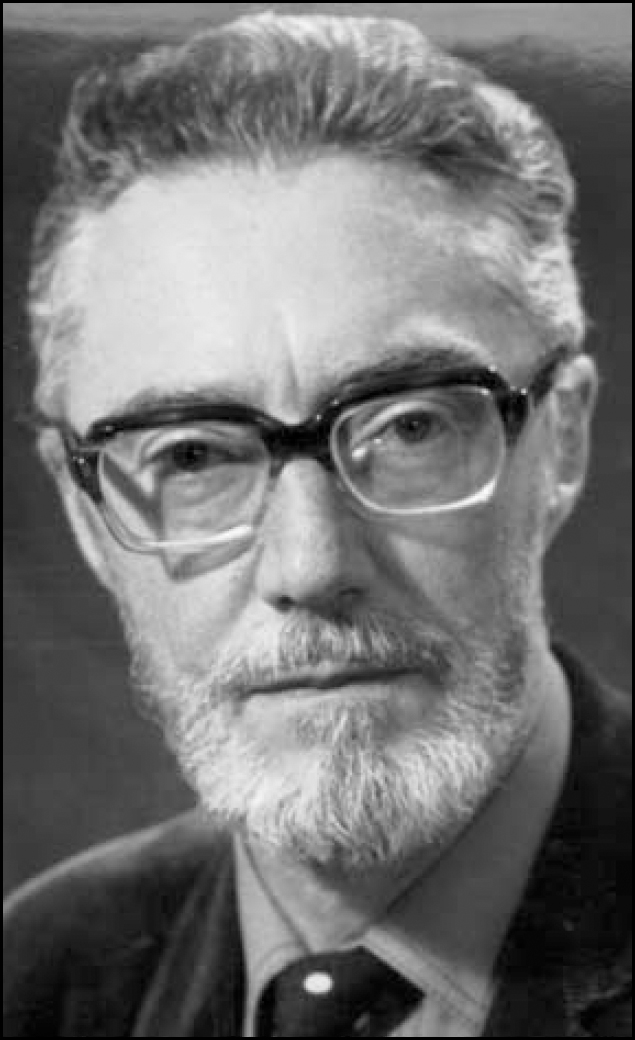Bill Allchin died in Wales on New Year's Day aged 79 years. He was born in Harrow into a medical family; his father was a pioneering specialist in radiotherapy at the Westminster Hospital. After school, in 1940, he joined the army and landed in Singapore shortly before the 1942 surrender. As a prisoner of war he worked on the notorious Burma railroad and his terrible experiences in captivity affected him greatly. He was much impressed by a fellow prisoner, Ron Wait, a missionary, and like him, he was able to forgive his abusive captors. Indeed, he kept in touch with some of the Korean and Japanese guards for many years. In 1995, at the commemoration service for VJ Day in Winchester Cathedral, he was chosen to give the address. He spoke of the posttraumatic stress that affected former prisoners for decades and referred to his own good fortune in the relief he obtained through his personal analysis.

Returning from the Far East, he decided on a medical career and after completing his preclinical studies in Oxford (Balliol College) he moved to Westminster Hospital. After qualification in 1953 he opted for psychiatry and started training at the Maudsley in the era of Aubrey Lewis. He then underwent a personal analysis (Jungian) with Professor Robert Hobson. Interested in adolescence, he studied alongside Dr Philip Boyd, who later set up the adolescent unit at St Luke's Hospital. Other influences at that time were Drs Anthony Storr, Donald Winnicott and Wilfred Warren. The final phase of his training was at the Portman Clinic treating patients with personality and sexual disorders.
In 1962 he was appointed consultant psychiatrist in the Wessex Region, where he took over the medical directorship of Leigh house, the regional adolescent unit in Chandlers Ford. The unit had been open barely a year and had just lost its first director. In the second consultant there Bill found a kindred spirit and they worked together in a happy and creative way until Dr Rosenberg retired in 1976. Together with their team they developed a pioneering treatment programme that gained a national reputation. In parallel with his in-patient work, Bill made a considerable contribution to the community services in Hampshire from his second base at the Southampton Child and Family Guidance Clinic. In the 1960s, when multidisciplinary team work was in its infancy, he was there already. His gentle demeanour and his quiet reflective style meant he was ideal in this context. His skills as a clinical adviser and teacher were greatly valued by all the young people's services. A moving speaker, he made regular contributions to courses and training programmes in and around Southampton and its university. He initiated ‘hands on’ liaison work in several residential units. He worked with the Richmond Fellowship in the development of the Bracken Place Hostel. Together with David Duff and John Evans he was a key figure in establishing the Association for the Psychiatric Study of Adolescence.
He retired from the NHS in 1978 but carried on working privately and with a number of agencies. He had a long and fruitful attachment to the Cotswold Community. His sense of community ran deep and his endeavours took him well beyond the confines of medicine. He stood as a parliamentary Labour candidate for Winchester on four occasions — well aware he was unlikely to be elected. Other organisations that benefited from his efforts were the Winchester Film Society and the local Housing Association. For more than 20 years he was a member of the Society of Friends, where his input was greatly valued.
A unique, compassionate person, Bill is greatly missed. Contemplative and almost ascetic at times, he had a rich sense of humour and he loved good food or an evening in the pub. On leaving a case conference with him, a colleague once remarked ‘he's all altruism’: there was more than a grain of truth in that comment.



eLetters
No eLetters have been published for this article.